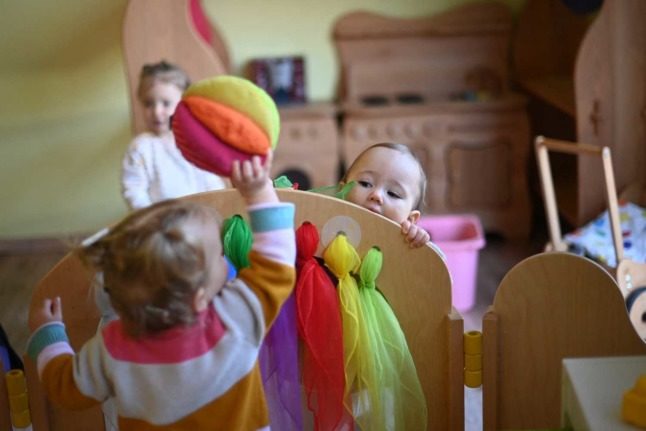For families that live in Vienna, government subsidised childcare relieves some of the financial burden of raising children, and particularly helps mothers to get back to their careers.
But the offer is not the same across Austria, making a return to work for parents dependent on what is available.
So tell us: what is your experience of childcare in Austria? And could it be improved?
Fill in the short survey below to tell us your thoughts about childcare. Answers will be used in a future article by The Local.



 Please whitelist us to continue reading.
Please whitelist us to continue reading.
Member comments